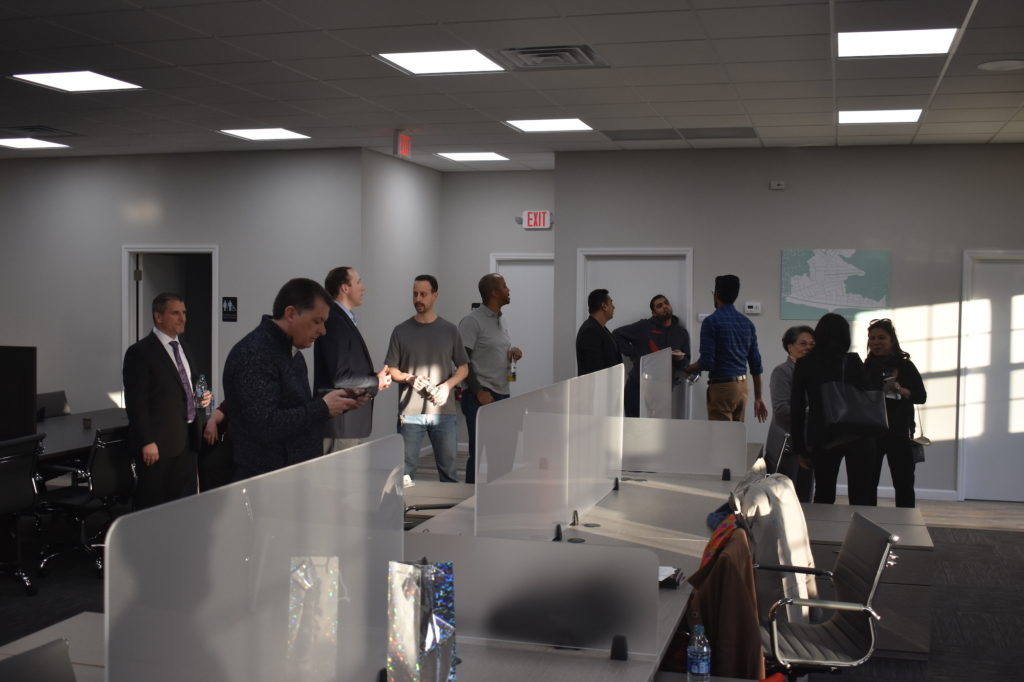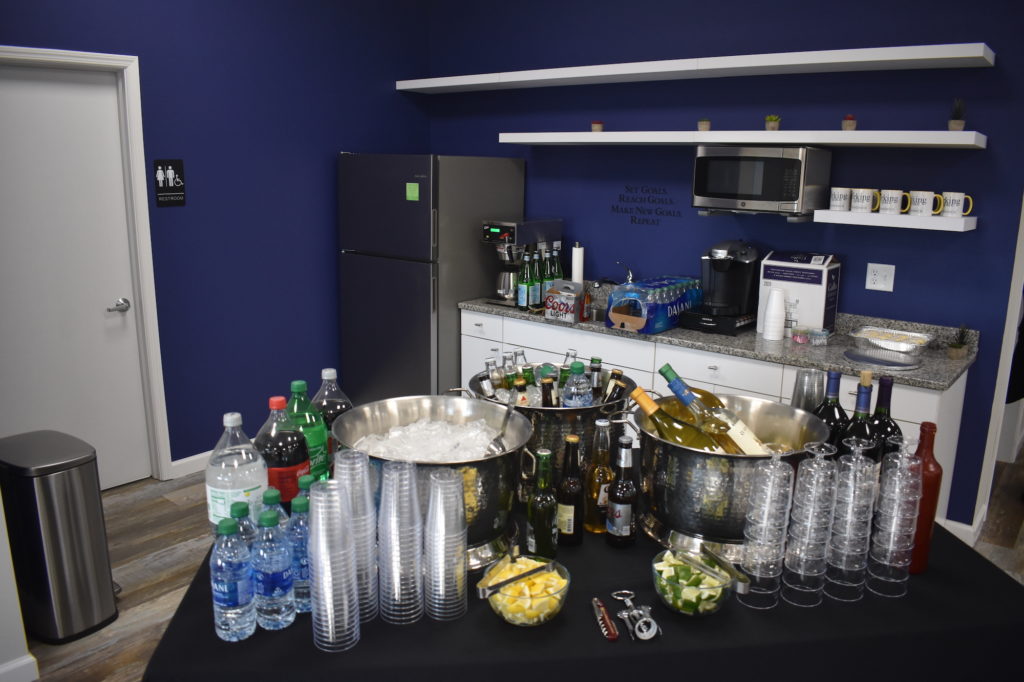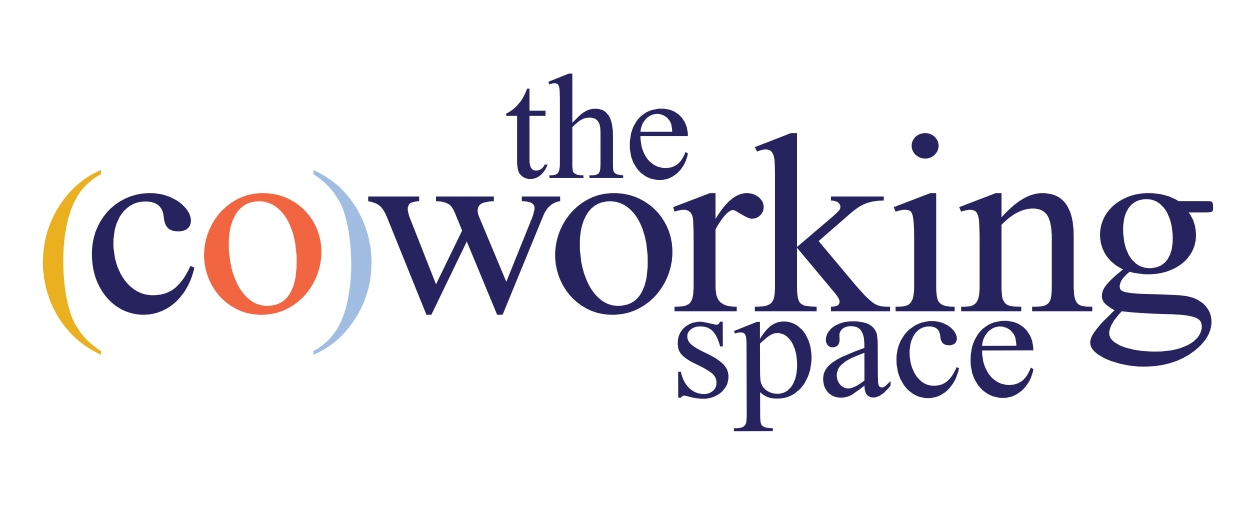Coworking Industry Update: The Future of Flex Spaces

The Coworking Industry is ready to go. The United States has reopened post-pandemic and coworking spaces all over the country are ready to meet the “new normal” head on. After all, this “new” way of professional life fits nicely into the coworking model. Companies across the globe have shifted to a hybrid, if not fully remote work schedule. As a result, businesses and individuals are looking for flex space: A smaller, close-to-home workspace that can be accessed as much or a little as one needs. Born out of the coworking industry, flex space will be part of every professional’s future due to the pervasive hybrid work model, high rates of adoption, and the changing nature of work.
Why is the Future Office, a Flex Space?
Businesses and individuals have realized that there is a time and place for working remotely versus working from an office. What’s more, this realization may look a little bit different depending on the type of person and their work style. Post-pandemic, the hybrid work schedule has been highly adopted. For this reason, the office of the future must be a place where people want to work out of, rather than a place they must work. People want to work out of spaces that are:
- Close to home: The pandemic revealed the inefficiencies of sitting in traffic when professionals were getting great work done from their pajamas
- Accessible and versatile: A home office doesn’t have a conference room nor a recording studio. What’s more, efficiency is realized when a professional can leave their home, be in an office within 30 minutes, and utilize a productive space when it’s necessary.
- Community of professionals: Working with other humans improves mood, sense of belonging, stimulates new ideas, pumps up productivity, and creates meaningful business connections—whether these people are part of the same company or in a completely different industry.
Is this sounding more and more like a coworking space? Well, it should. Flex space and coworking go hand-in-hand. The main difference being that the demand for flex space is being filled by coworking industry leaders…
Who Will Be Using Flex Spaces?

Businesses and individuals are using office spaces that are smaller than large corporate campuses, that feel like a home away from home, and that are found in more local areas rather than in one big city.
For the past few years, businesses have been moving toward flexible office spaces. However, the pandemic kicked the idea to the curb and forced many businesses to opt out of their leases. Now that the world is reopening, the race toward flexible office space has sped up. For example, IWG (aka Regus) signed a deal with Standard Chartered Bank that will allow the bank’s 95,000 employees access to 35,000 spaces around the globe. In a similar fashion, WeWork and Merck & Co. have come to an agreement to build out an office in Jersey City, New Jersey for Merck-spinoff company called Organon.
To this date, coworking and flexible office spaces were more for individuals, small businesses, and mid-size companies. Bigger business-to-business deals are something new for coworking companies—a brand new source of income and innovation for the industry. On the other hand, coworking is still serving its first customers: The individuals.
As the gig economy continues to grow, individuals will find need for coworking and flexible office spaces. Many freelancers and sub-contractors use the (co)working space locations in North Brunswick and East Brunswick / South River. From graphic designers and web developers to marketing consultants and small business owners—coworking spaces are finding new and better ways to serve these individuals. For example, the (co)working space is part of the Proximity community which allows these coworking members from across the globe to connect. In a similar way, Australia’s largest flex space providers have signed a deal to offer Hub Australia’s city spaces and WOTSO’s suburban offices to the companies’ combined 7,000 members across the continent, according to Allwork.
Coworking, Flex Space, and the Changing Nature of Work
Businesses and individuals have realized that “going to work” has taken on a new meaning. The meaning of work is not location-specific or task-specific. Instead, work should be efficient and have the goal of advancement (whether for the person or business).
After implementing hybrid schedules, businesses have realized that creating culture is part of the work day, according to Industrious. What’s more, businesses are leaning toward greater emphasis on training and development. And above all, work is changing to create more efficient practices.
The nature of work is evolving toward a greater emphasis on community, growth, and efficiency. It is no surprise that flex spaces are thriving in this environment as coworking has always embodied these ideals. As a result, the future is the flex space because the way the world works and conducts business is changing.


